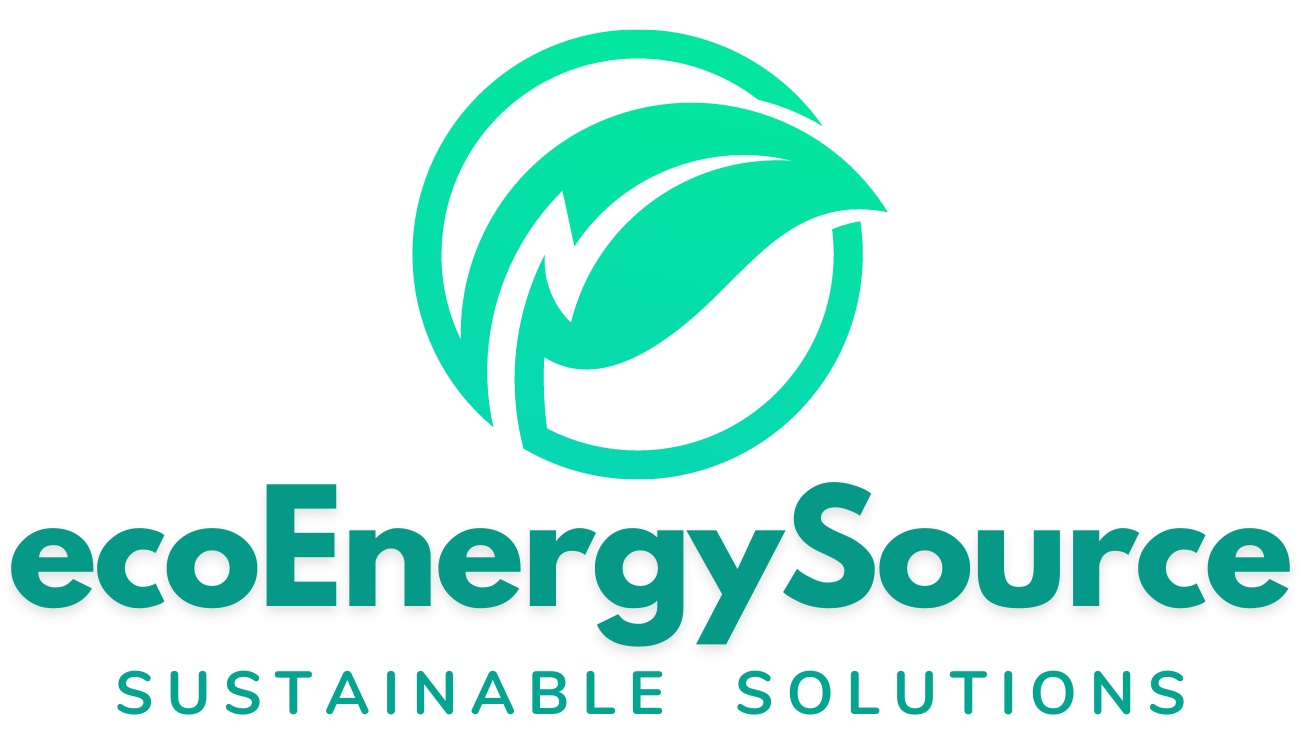Introduction: Debunking the Cloud Cover Myth
One of the most persistent myths about solar energy is that it “doesn’t work well in cloudy weather.” Many UK homeowners assume solar panels need constant bright sunshine to be effective. But the truth is more surprising—modern solar panels can generate significant electricity even on overcast days.
This guide will explain:
✔ How solar panels work in diffused sunlight
✔ Real-world performance data across UK regions
✔ How panel technology has improved for low-light conditions
✔ Comparative analysis of solar vs. other renewables in UK climate
1. How Solar Panels Use Daylight (Not Just Sunlight)
Solar panels don’t require direct sunlight to generate electricity—they operate on daylight energy, which includes:
- Direct sunlight (optimal conditions)
- Diffused sunlight (cloudy, overcast skies)
- Ambient light (dawn/dusk, reflected light)
Key Fact:
Modern solar panels can still produce 10-25% of their rated capacity on heavily overcast days.
The Science Behind Low-Light Performance
Solar cells respond to the photovoltaic effect, which occurs whenever photons (light particles) hit the panel’s silicon layers. While direct sunlight provides the strongest energy input, diffused light still activates electron movement, just at a reduced rate.
2. Real-World Solar Performance Across UK Regions
Contrary to popular belief, solar panels perform well across the entire UK—not just in southern England. Here’s how different regions compare:
| UK Region | Annual Sunlight Hours | Solar Generation Potential (kWh per kW installed) |
|---|---|---|
| South England | 1,500–1,700 | 950–1,100 |
| Midlands | 1,300–1,500 | 850–1,000 |
| Wales | 1,200–1,400 | 800–950 |
| Northern England | 1,100–1,300 | 750–900 |
| Scotland | 900–1,200 | 650–850 |
Key Insight:
Even in Scotland—the cloudiest UK region—a 4kW system can generate 2,600–3,400 kWh annually, covering 40-50% of an average household’s electricity needs.
3. How Panel Technology Optimizes Cloudy Weather Performance
Not all solar panels perform equally in low light. Key technological improvements help:
A. Monocrystalline vs. Polycrystalline in Cloudy Conditions
- Monocrystalline panels (black appearance) perform 5-10% better in low light than polycrystalline (blue panels).
- Their single-crystal silicon structure allows better electron movement with diffused light.
B. Bifacial Solar Panels (Emerging Technology)
- Capture sunlight from both sides, increasing output by 10-20% in cloudy weather by utilizing reflected light.
- Particularly effective with light-colored roofs or ground-mounted systems.
C. Anti-Reflective Coatings
- Modern panels use special coatings to minimize light reflection, capturing more diffused light.
4. Solar vs. Other Renewables in UK Weather
How does solar compare to alternatives in typical British weather?
| Energy Source | Pros for UK Climate | Cons for UK Climate |
|---|---|---|
| Solar PV | Works in rain/clouds, silent, low maintenance | Reduced output in winter months |
| Wind Turbines | Good for windy coastal/northern areas | Needs consistent wind, planning restrictions |
| Hydroelectric | Reliable if near flowing water | Very location-dependent |
| Heat Pumps | Efficient heating even in cold weather | High upfront cost, needs insulation |
Solar’s Advantage:
- Works everywhere (no geographic limits like wind/hydro).
- No moving parts = less maintenance than wind turbines.
- Scalable (can install just 1 panel or hundreds).
5. Maximizing Solar Output in Cloudy Climates
If you’re in a particularly cloudy region (e.g., Scotland, North Wales), these strategies help optimize performance:
A. Tilt Angle Optimization
- In northern UK, panels should be tilted at 30-40 degrees to catch low winter sun.
- Avoid flat installations (rain pooling reduces efficiency).
B. Avoiding Shade
- Even small shadows (from chimneys, trees) can cut panel output by 50%+.
- Use micro-inverters or power optimizers to minimize shade impact.
C. Regular Cleaning
- Dust/pollen buildup reduces efficiency by 5-15%.
- Rain helps, but an annual clean improves performance.
D. Pairing With Battery Storage
- Stores excess daytime energy for use during cloudy evenings.
- Can increase self-consumption from 30% to 70%+.
6. Case Study: Solar Performance in Manchester vs. London
To demonstrate real-world differences:
| Location | Annual Sunlight Hours | 4kW System Annual Output | % of Household Needs Met |
|---|---|---|---|
| London | 1,500 | 3,800–4,200 kWh | 60–70% |
| Manchester | 1,200 | 2,900–3,300 kWh | 45–55% |
Conclusion:
While output is 20-25% lower in cloudier Manchester, solar remains highly viable—especially with battery storage.
7. Frequently Asked Questions (FAQs)
Q: Do solar panels work when it’s raining?
A: Yes—they still generate 5-15% of normal output from diffused light. Heavy rain actually helps by cleaning panels.
Q: Are solar panels useless in winter?
A: No, but output drops to 20-30% of summer levels. Systems are designed for annual production, not seasonal.
Q: Which UK cities get the best solar results?
A: South coast (Brighton, Portsmouth) performs best, but even Glasgow sees 650+ kWh per kW annually.
Q: How do UK solar panels compare to sunnier countries?
A: A 4kW system in:
- UK: 3,000–4,000 kWh/year
- Spain: 5,500–6,500 kWh/year
- Germany (similar climate): 3,200–4,000 kWh/year
8. Conclusion: Solar Works Well Across the Entire UK
While solar panels do produce more in sunnier regions, they remain a smart investment even in cloudy areas because:
✔ They still generate meaningful power in overcast conditions
✔ Energy prices are high (making every kWh valuable)
✔ Technology keeps improving for low-light performance
✔ Batteries mitigate intermittent generation




